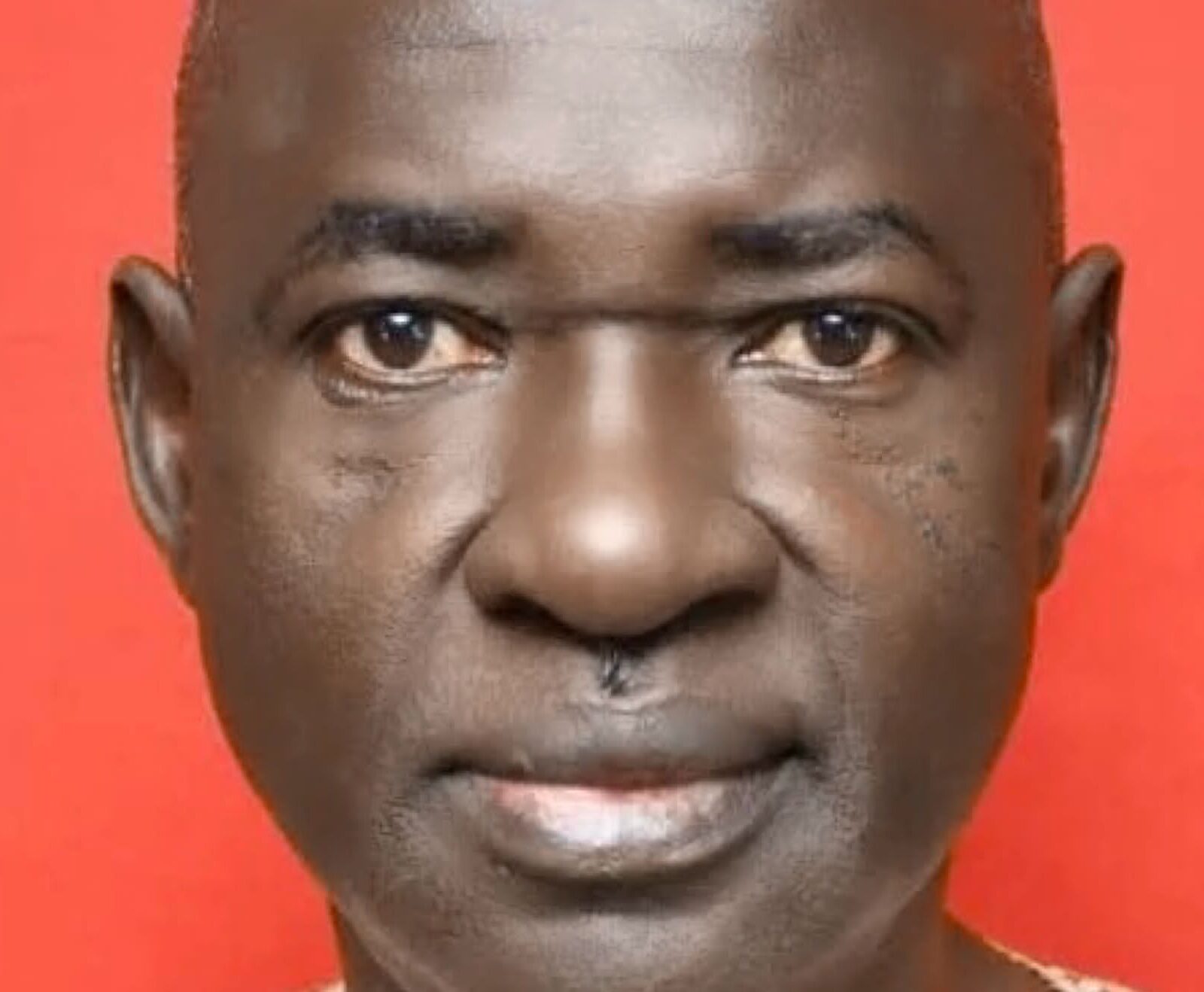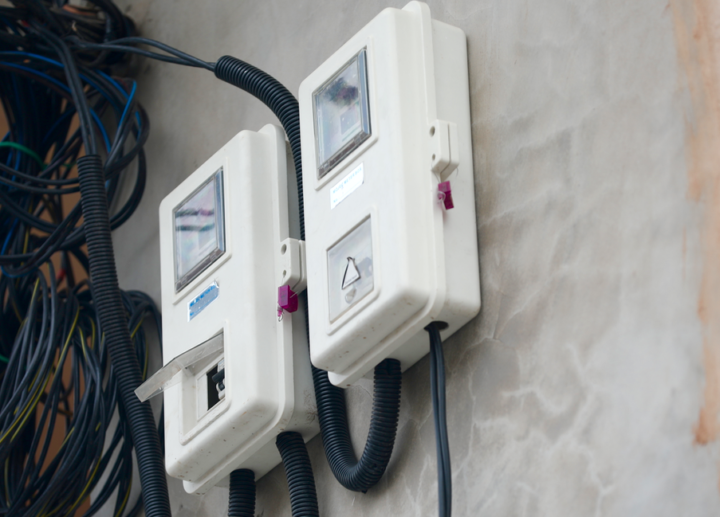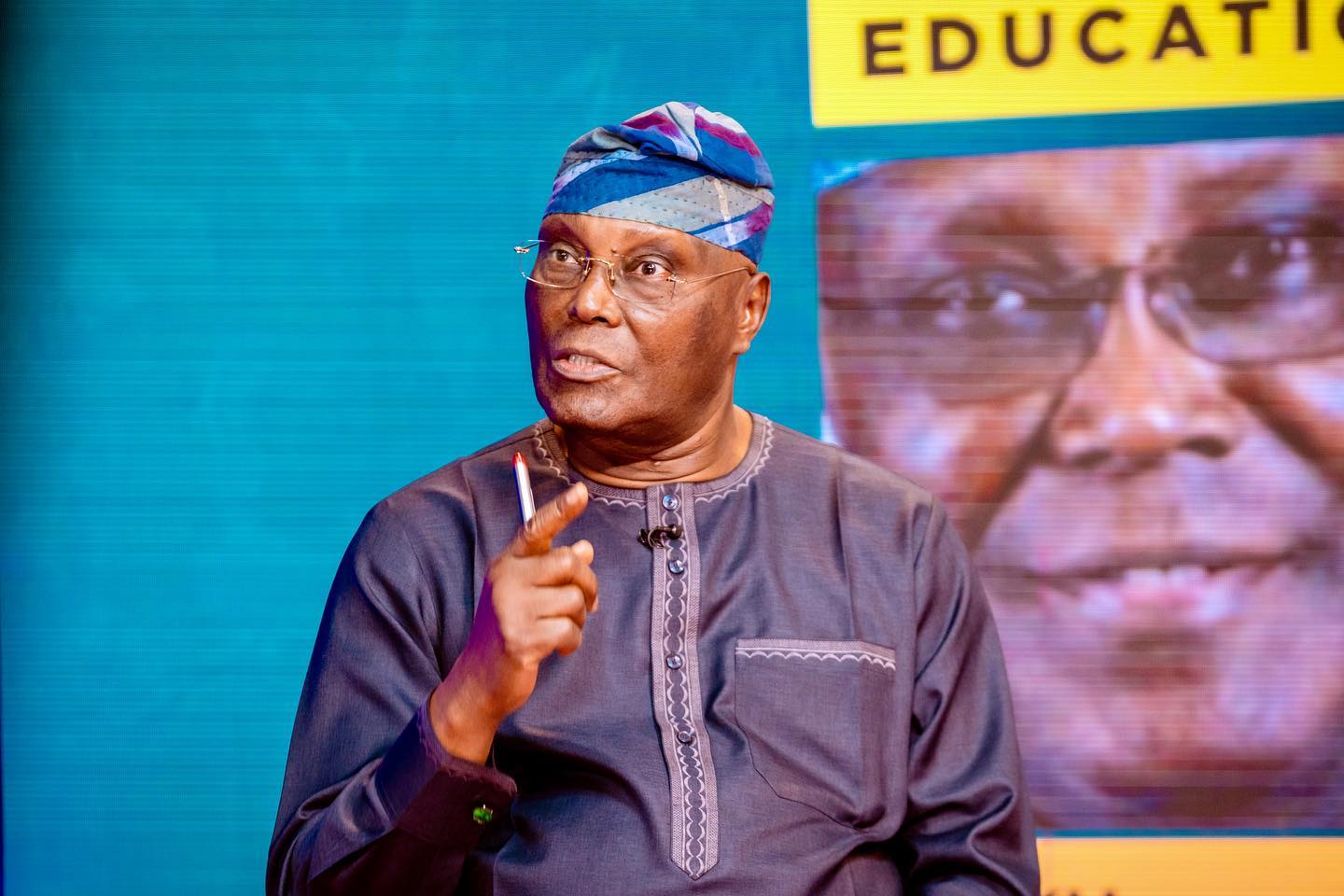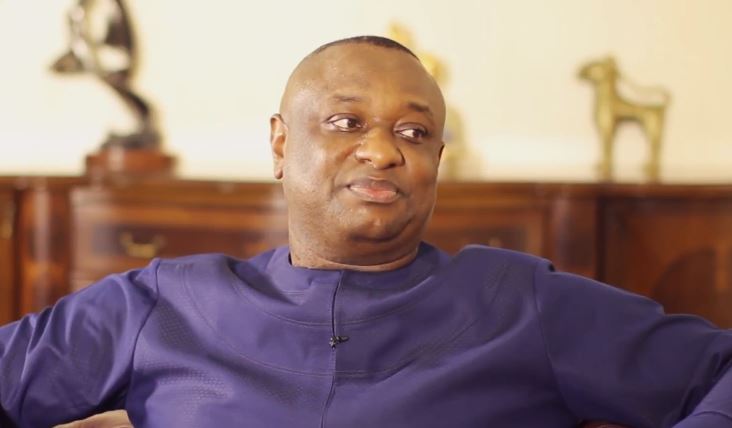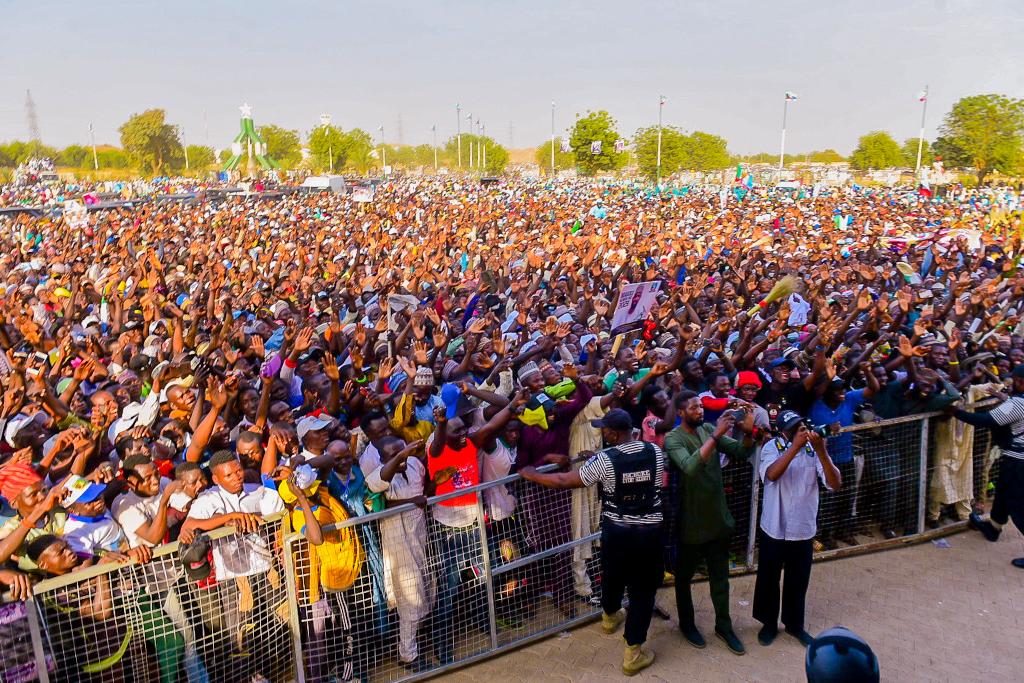The full weight of the manipulative tendencies in our power sector finally dawned on me two weeks ago. I went to an Abuja Electricity Distribution Company (AEDC) office to purchase a N10,000 worth of energy. A quick look at the slip showed that instead of the expected 168 units, the money only fetched 146. Of course, the increase was not the first of its kind but, somehow, for reasons that were beyond my pocket, that action came as rude. I left the counter and went into one of the offices to seek some explanation even when I knew that the decision wasn’t taken in any of those rooms. I needed something to calm me down a bit. The lady I spoke with was generous with her response: “This thing touches everybody. We’re all helpless. At this rate, we won’t be surprised if another raise comes up before this month ends.”
The resignation I saw on her that afternoon lingered in my mind for a long time. For me, that woman represented every average Nigerian. There was a time when hikes in power tariffs made news. The authorities would announce upfront their plans, either to get people ready or simply out of courtesy for their customers. In sane climes, that is a common, routine practice to exhibit sensitivity to and respect for consumers. All that is in our past now, sadly. Such stories will now be read from other countries. Like self-accounting entities that are not controlled by public-oriented statutes or answerable to sensible bodies, the electricity distribution companies quietly impose whatever rates catch their fancy and then damn the consequences that never come, anyway. What have Nigerians done to deserve this sort of crude treatment? Is this the price we pay for complacency and cowardice? One dilemma we’re faced with today is that nobody seems to protect anybody from anything. Meaning, citizens are practically left to their own devices.
In fairness to organisations like the Socio-Economic Rights and Accountability Project (SERAP), efforts are sometimes made to, at least, draw the attention of governments to the travails of buyers of goods and services. One of the instances is a recent letter signed by SERAP’s Deputy Director, Kolawole Oluwadare, on last month’s electricity tariff hike in which the Project made strong suggestions to the federal government on the reasonable way to go: “We would be grateful if the recommended measures are taken within seven days of the receipt and/or publication of this letter. If we have not heard from you by then, SERAP shall consider appropriate legal actions to compel your government to comply with our request in the public interest.
“Your government should have used the report by the National Bureau of Statistics (NBS), which shows damning revelations that some 133 million Nigerians are poor as a basis to improve access to regular electricity supply, and extend electricity to remote rural households. The latest increase in electricity tariff is coming on the heels of the NBC report which shows that over half of the population of Nigeria are multi-dimensionally poor and cook with dung, wood or charcoal, rather than cleaner energy. High deprivations are also apparent nationally in sanitation, healthcare, food insecurity, and housing.”
Advertisement
Well-laid contestation. But then, what has happened to the one-week ultimatum given to the government which expired some days ago? No reversals have been made, and no other worthwhile actions have been taken in favour of the Nigerian people who have borne this excruciating energy burden for too long. Nothing dramatizes the worsening hopelessness of the situation than the exchanges that took place the other day at the public hearing of the bill to amend the Electric Power Sector Reform Act, 2005. When confronted with the latest increase, the Minister of State for Power, Goddy Jedy-Agba, told his bemused audience that it wasn’t the responsibility of his ministry to fix tariff prices, that relevant demands be directed to the Chairman and CEO of the Nigerian Electricity Regulatory Commission (NERC), Prof. James Momoh. Though technically correct, he left his compatriots feeling more bewildered and pathetic in their condition. The picture was that of a government, like some others before it, totally disconnected from this particular perennial predicament of the people whose welfare it swore to enhance. It remains to be seen what would be the outcome of SERAP’s prayer to President Muhammadu Buhari to direct the same minister and NERC boss to revert to the previous rates. Going by past experiences, only irredeemable optimists would expect any u-turning in the lifetime of this administration that is winding up.
How much longer will electricity consumers in Nigeria endure the fruits of this avoidable systemic dysfunction? For a problem as old as most living Nigerians can remember, no simple answers exist. From the days of the National Electricity Power Authority (NEPA), an entity that has since assumed a proverbial status, associated mainly with institutional and energy failures, pricing and the actual volume and quality of the electric power that gets to the final users have remained subjects of controversy.
To be clear, majority of the people aren’t loafers constantly hoping to access free energy. They know that all the key components of the product, namely generation, transmission and distribution, are capital-intensive and, therefore, deserve fairly commensurate payments for the deliverables. Only that their frustrations have been compounded, over time, by the ungodly mixture of despicable services and obnoxious, disproportionate charges. The worst hit are the customers without meters, receivers of what has come to be known as estimated or blind bills. In truth, those papers are especially designed to make life difficult for this class of consumers.
Advertisement
The chequered history of electricity production and consumption in Nigeria has weighed most bitterly and heavily against energy users. Corporate and individual consumers do not even see the end of this tortuous, aimless journey. That’s the most painful part. Meanwhile, the effects of the mediocre conditions of the power industry are set to remain damning in the foreseeable future, that is, in spite of the massive funds so far thrown into this national embarrassment. In the last decade alone, approximately three trillion naira has been spent by the government to revamp the nation’s sick baby. Questions are being asked by experts and activists about the propriety and legality of spending such amounts largely on privatised companies. After the inception of the enabling Act nearly two decades ago, Roadmap for Power Sector Reforms, an equally idealistic landmark, followed in 2010 to inject some vigour into the race to provide adequate electricity for the country. Unfortunately, the spirit of that document has stuck to its pages and is unable to promote any meaningful progress. I share the view of many analysts who think that the current move to re-work the laws may be yet another ride to nowhere.
If that step is this government’s last-minute effort to rally whatever gains it hopes to garner, it had better act strategically, concertedly and fast. In their present state, Nigerians appear too weak, too crippled by hunger and extreme poverty to spontaneously and publicly register their anger against the increasing yokes in the land. That shouldn’t be enough reason to continue to take them for granted and prolong their suffering.
Both macro and micro segments of the economy have already recorded losses that will take years, possibly decades, to recover. Closed and relocated industries, tens of millions of threatened and lost jobs, hugely undermined capacity for economic development, stunted environment for small and medium enterprises (SMEs), and a disabled atmosphere for equitable and desirable social life must not be allowed to persist. This government should act decisively before it leaves.
Ekpe, PhD, is a member of THISDAY Editorial Board.
Advertisement
Views expressed by contributors are strictly personal and not of TheCable.
